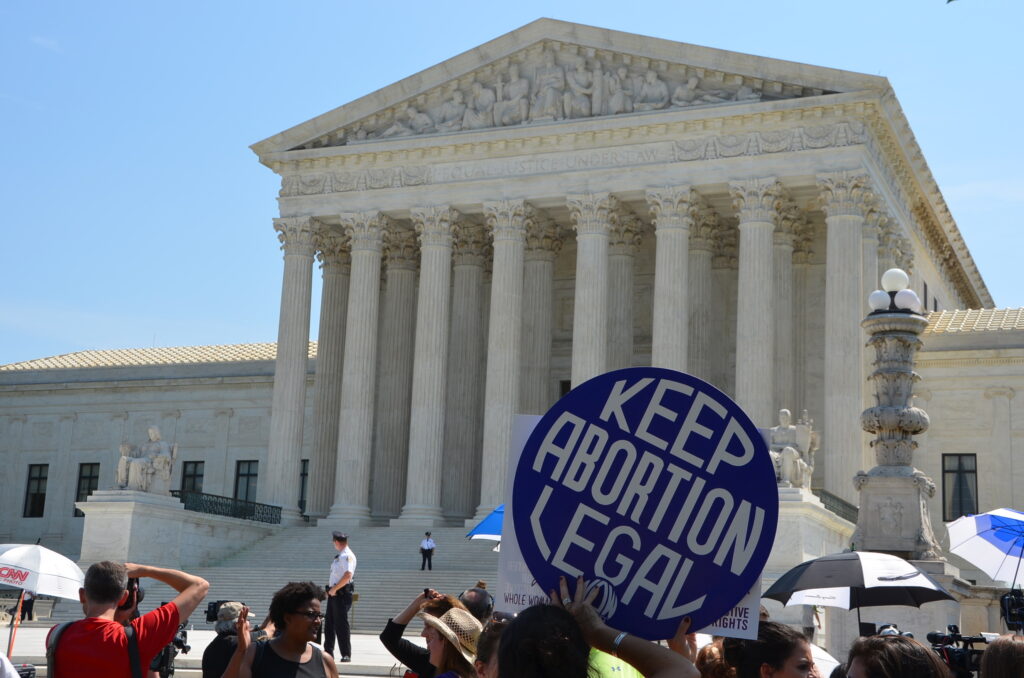
1973. The day when abortion was legalized in the United States. A day which American women won’t forget because it made a big difference in their life. But now more than ever since this important day, this right is under attack.
Abortion in North America was legalized almost fifty years ago thanks to a constitutional decision of the Supreme Court : the Roe versus Wade case. But since then, « conservative politicians in many states have passed legislation in order to limit access to abortion and make this process very difficult » explains Martina Davis, the director of Strategy and Communications of Women’s Equality Center, an organization that supports reproductive freedom. The latest, promulgated this week, The Heartbeat Texas Act, that prevents women from having an abortion after only six weeks of pregnancy.
More and more discouraging restrictions
Today, there are at least 42 restrictions adopted in many American states according to the Guttmacher Institute in 2019. For instance, some of it demands « a waiting period for the person to reconsider or that she has to speak to a mental health expert before being allowed to have the procedure », says Martina Davis.
But it goes even further. Some states over-regulate the clinics to stop legal abortion. For instance, some of them can only provide abortion if they have an operating room staffed for open-heart surgery. Or also depending on the particular dimensions of their rooms. « These are absurd requisites that are medically unnecessary to provide abortions », maintains Martina Davis. And with all these restrictions, it is almost impossible for abortion clinics to keep their doors open.
Few abortion issues for women
« Making this process longer and harder is very difficult emotionally and practically for women », she continues. According to Amnesty national, there are only six states with only one abortion clinic. And « with fewer clinics, it makes it more difficult for women to go there », she adds. So, they though a tough choice. If they have money, they have to travel far away to a state that provides legal abortion. But for that, they have to take days off from work or leave their children. But when they can’t do that, they have to continue an unwanted pregnancy, or turn to a clandestine abortion. And it is a case of lot of them.
A situation which causes health insecurity
So, when they can’t acesse legal abortion, women face several risks. One of them is when they turn to illegal, i.e unsafe, abortion. « That can be found ont he black market, and these can have severe risks on their health depending on what she is given or what procedure is done to her » explains Martina Davis.
Then, the WEC member also adds that there are risks associated with continuing an unwanted pregnancy. « If the pregnant person is a young child, she has a much higher chance of dying or suffering permanent damage during childbirth, because young bodies are less developed and prepared ». And in some cases, when it’s about rape victims who can’t access legal abortion and have to keep the baby, it is like torture and it can finally leave them with psychological trauma.
And this situation won’t be settled soon. A few hours after the new law in Texas, legislators in at least six states said they also wanted to introduce similar bills.


